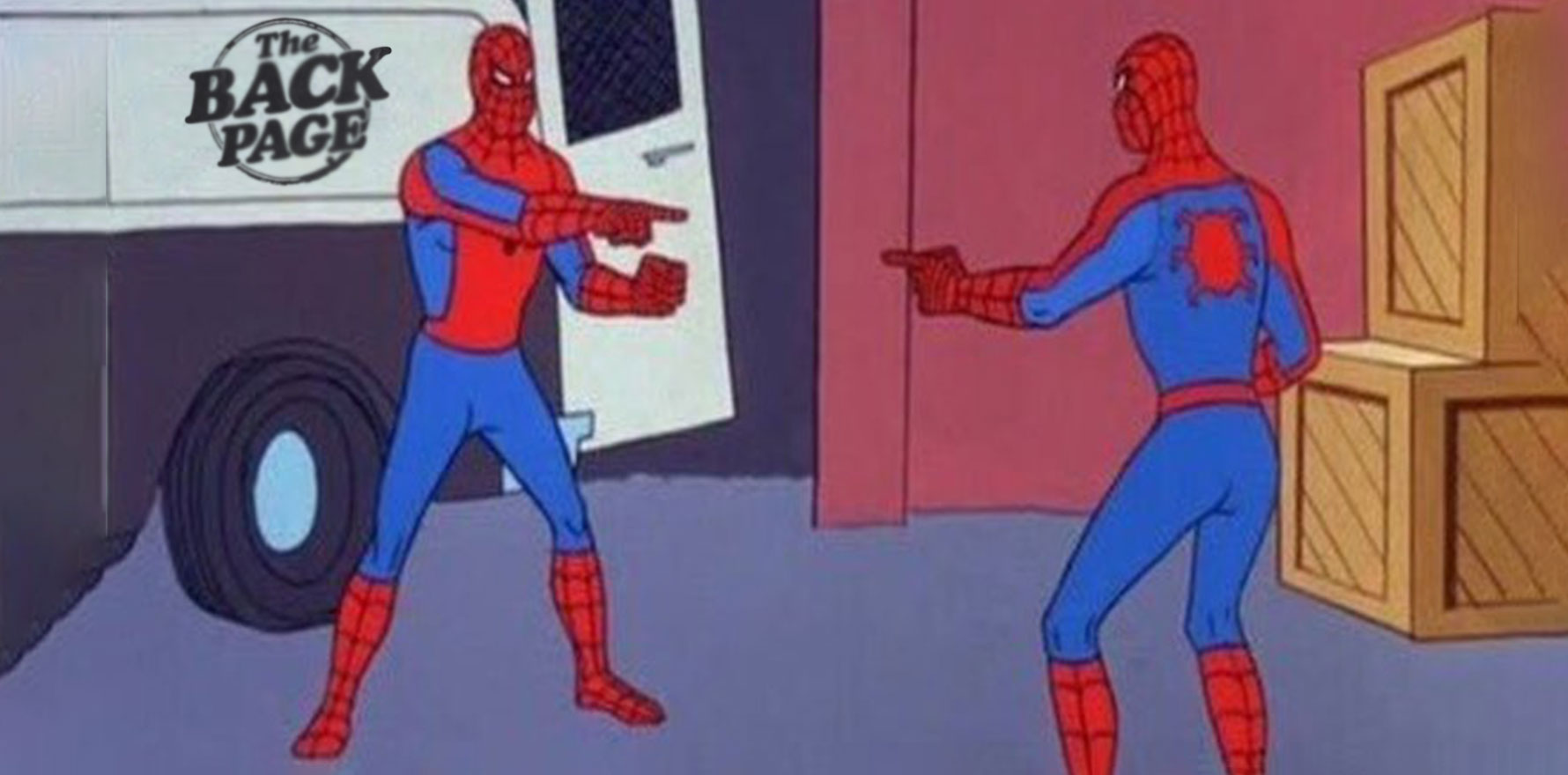Human doubles are shedding more light on what’s inherited and what’s acquired.
Have you ever wondered what having a twin was like?
Well, if you missed out at birth, you might get a second chance to find out.
Apparently, people who look just like us have creepily similar genetics and lifestyle traits as well.
The findings came from a major international DNA profiling and facial recognition study, which included 32 look-alikes from countries in Asia, North America, Europe, South America and Africa.
These not-twins first came across scientists’ radar after they participated in a Canadian photography project called “I’m not a look-alike”, the New York Times reported.
Not content to let art be art, researchers decided to dissect the frog, using genomics, epigenomics and microbiomics to analyse the similarities and differences between these completely unrelated individuals.
Half of these pairs were classified as looking so much alike they could be twins, and scientists discovered that the genetic similarities between these pairs were even higher than the other look-alikes.
Despite this, their microbiomes and epigenomes remained different.
“Our study provides a rare insight into human likeness by showing that people with extreme look-alike faces share common genotypes, whereas they are discordant at their epigenome and microbiome,” the authors wrote.
“These findings do not only provide clues about the genetic setting associated with our facial aspect, and probably other traits of our body and personality, but also highlight how much of what we are, and what defines us, is really inherited or instead is acquired during our lifetime.”
Because the scientists didn’t just limit the comparisons to the lab – they also asked these pairs questions about their schooling, smoking, height and weight, and found that those who looked more similar had more similarities than the pairs who looked less similar.
“Now there are so many people in the world that the system is repeating itself,” study author Dr Manel Esteller told NYT.
As someone intensely suspicious of people even with the same name as me, these are terrifying findings indeed.
If you see your double on the street, may as well ask them for a kidney. And send tips to penny@medicalrepublic.com.au.


